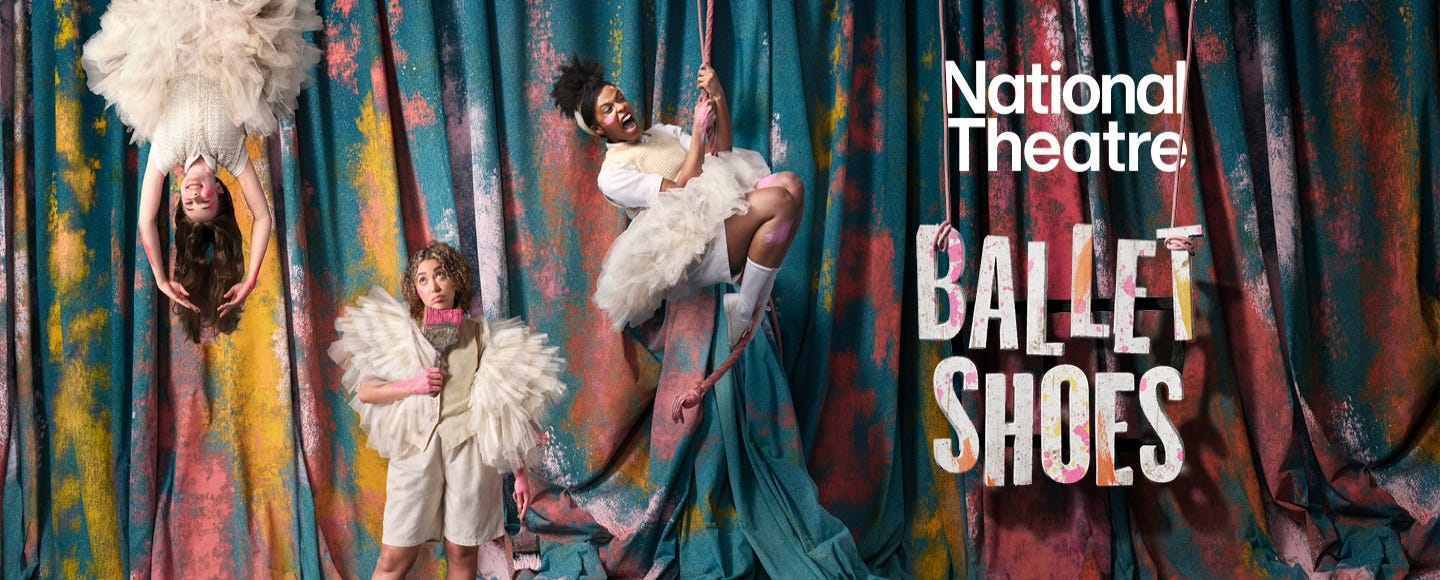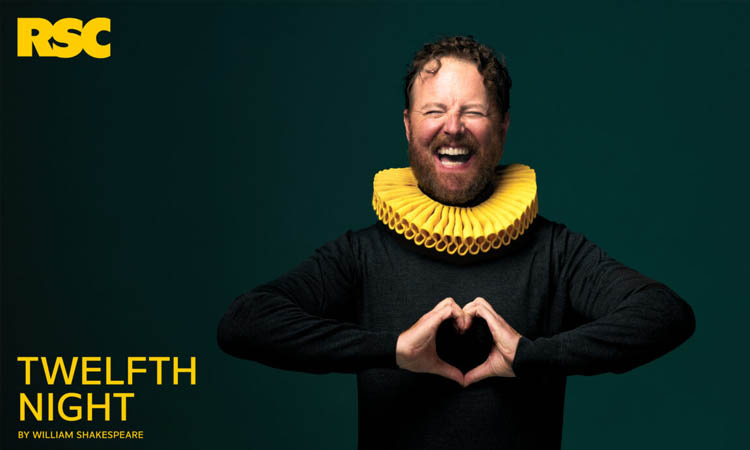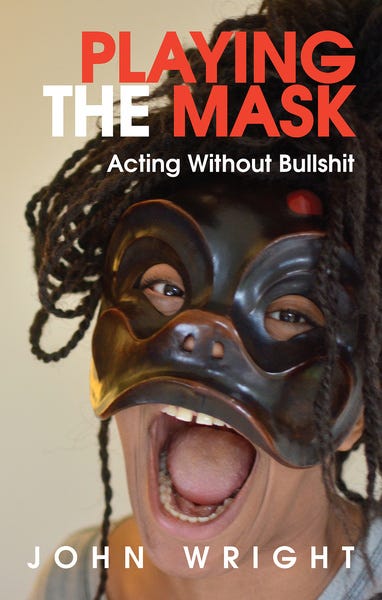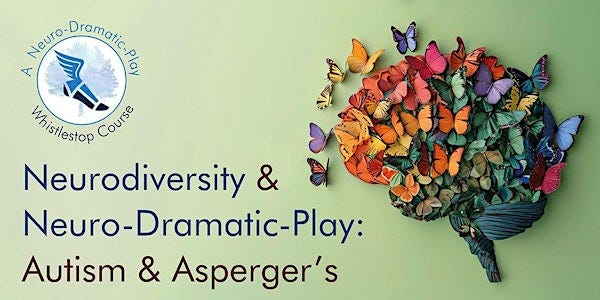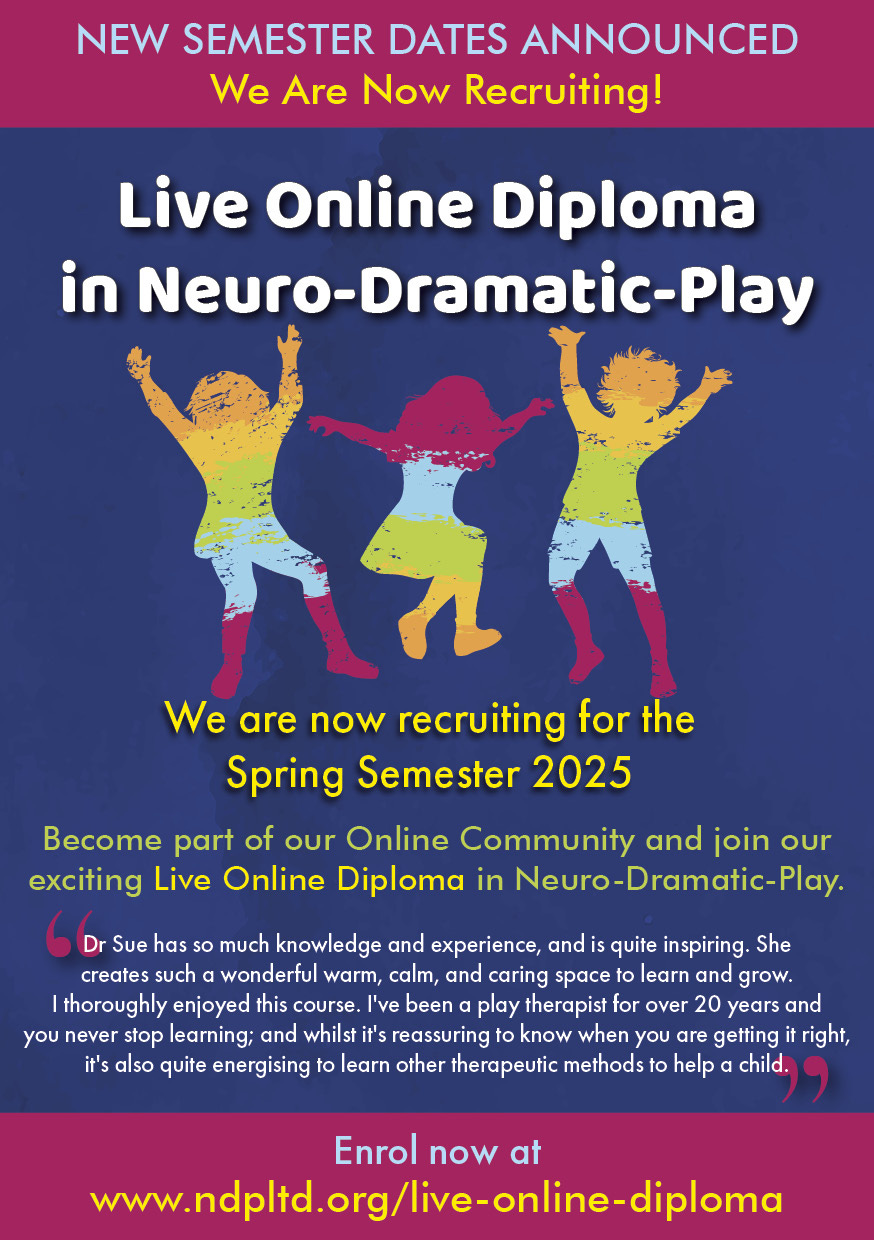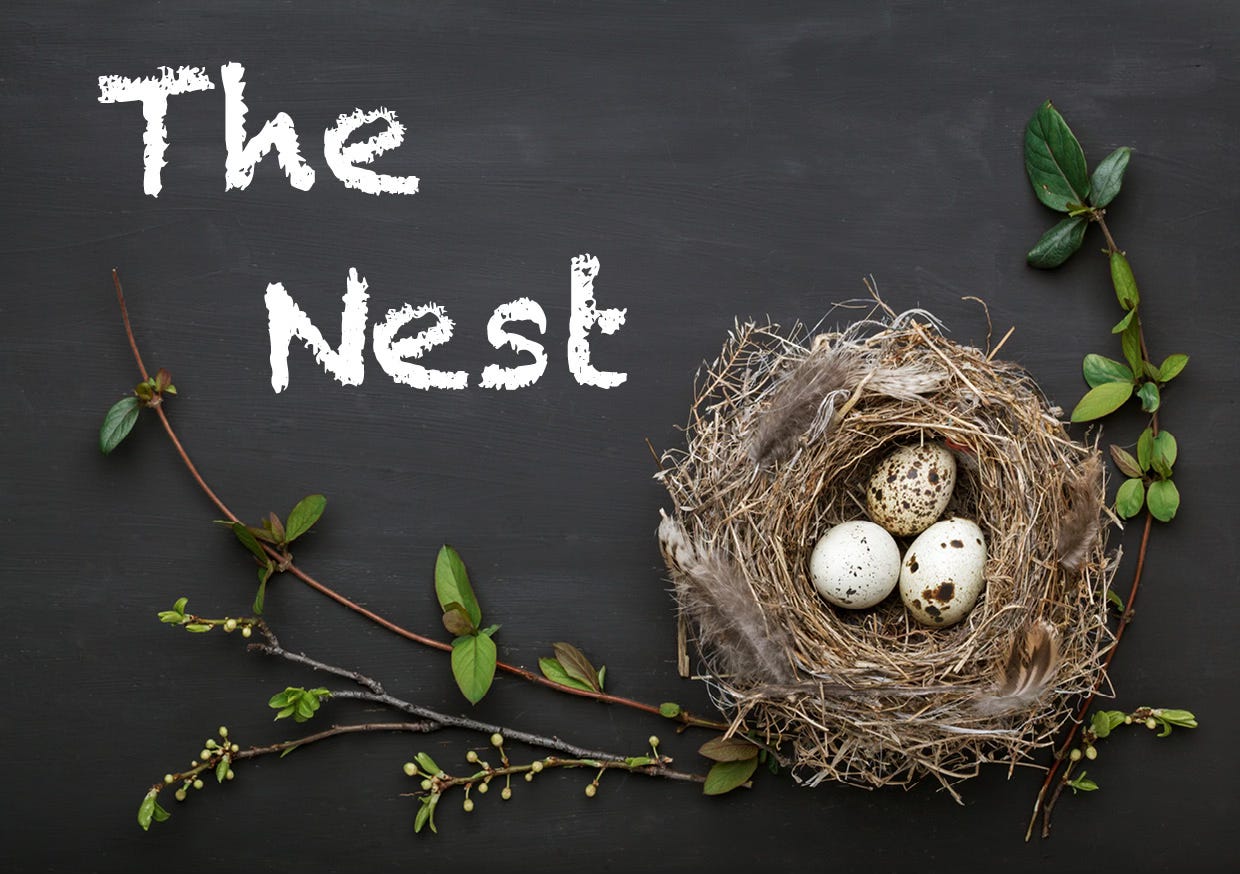Dear Members,
A HAPPY NEW YEAR TO YOU ALL!
I hope you all had a restorative break, and utmost sympathies to those of you who caught the prevailing flu. It seems to go on forever.
This year, I hope we can encourage parents to be playful and empower them with play skills. Too often, ‘official’ people are perceived as the specialists, and parents feel inadequate. Maybe they did not have positive experience when they were children. For many it can be a daunting experience. Having been imbued with the importance of attending school, and even threats of fines, then when Covid burst, to be strictly told to educate their children at home, even when there was no laptop nor smart phone. And now to try and enforce return to school. Is it any wonder that many families are opting for home-schooling? I was encouraging one family to tell bedtime stories, and Mum bought a CD. She said to me ‘actors do it so much better’! We shall also be doing a special Webinar for parents, so please spread the word.
The closing of the year for me was a happy theatre visit time: to the National Theatre to see Ballet Shoes. Who remembers when Noel Streatfield’s book first came out, (1936), or perhaps I should say, who remembers reading Ballet Shoes as a child? Anyone remembering its publication would be nearly ninety! My strongest memory was when it was turned into a radio play and I avidly kept one ear glued to our wireless each week. The NT production is delightful and is a reinterpretation in modern times, without destroying the essential core of the story. I hadn’t realised as a child that Streatfield had written lots of books for children, including Circus Shoes and Theatre Shoes. Ballet Shoes has stayed in print continuously. Interestingly, although it is a children’s book, 90% of the audience were adults.
My other theatre visit was to the RSC to see Shakespeare’s Twelfth Night; it is a play I know well and have played both Maria and Sebastian, in different productions. This production was described as an exploration of ‘queer’ themes in the play, and I had high expectations of new insights and surprises. Unfortunately, these were not realised and some of the acting was not up to RSC standard. And why did a piano and an open tin of black paint with brush, keep coming on and off the stage? There is more about Twelfth Night in the next section.
Practical Application of NDP
I was very fortunate to be given PLAYING THE MASK: Acting Without Bullshit by John Wright, published by Nick Hern Books.
Although written in 2017, the book has excellent insights for dramatherapists and is now recommended for the Neuro-Dramatic-Play Diploma. Therapists and drama teachers have always been cautious with masks for a number of emotional safety reasons. However, Wright recommends that we use masks from the beginning, and then describes in depth how we can do that. He tackles a variety of settings and ages of children and young people, as well as adults. His book is crammed with ideas, games and challenges to conventional responses, and he pleads for a more playful approach. One of his ideas, ‘The Handkerchief Game’, whereby you drape your face with a piece of see-through fabric, enables people to feel almost hidden and therefore protected from nervousness. He traces this idea to Copeau, the famous theatre director, who devised the technique when working with a very shy actor. And for us, it develops very well the mask and fabric, including chiffon, that we need for exploring A Midsummer Night’s Dream during the NDP Diploma course. So try exploring your MND character, walking round the room with a chiffon scarf on your head!
Rhythmic Play
‘Water, rhythmic, sensory, dramatic, performative playing are the essence of NDP, within an attached relationship. These lead to the development of ‘lets’ pretend’, empathy, curiosity, confidence, performative skills and resilience. And the beginnings of scientific thought and technical skills.’ (Jennings 2024)
Back to NDP basics and exploration of the contrasting types of play, and why they are so important. Rhythmic play, which starts with the heart-beat, means safety and security. Hold an infant against your left shoulder and they will calm at the sense of your heart beat and will often change their own heart-beat to synchronise with yours. Rocking and back-rubbing are all aspects of rhythmic play, and initially take place between bodies. Special music will also imbibe the situation, and babies remember the music played during pregnancy and the birth time. Everyone develops their own ‘rhythm of life’ which means the pace at which they can manage communication, new learning and tasks. As the 8 year old boy said, ‘Grandmas are people who never say “hurry up for goodness sake”’! Children who are neurodiverse have their individual rhythm of life which is often less flexible. Becoming aware of that rhythm can help parents and teachers address challenges. Heart-beats and physical movement can led into drumming and other musical activities. When children are fearful, anxious or restless, rhythm in some form will usually be helpful.
On a personal note…
I am beginning to write my biography, so in each newsletter I shall include an event or something that was important to me in my growing up. Then maybe it will come together as a story! The title is ‘Thither and back again’ – these words from A Midsummer Night’s Dream symbolise always being told, ‘slow down, there’s no hurry’, ‘slow down, it’s dangerous to run with glass/knives/water’, ‘slow down – you will meet yourself coming back’ – the last one was a riposte from my father when I was about 10 years old, and the family thought it hilarious. It was repeated over the years, and became part of ‘Mad Aunty Sue’s’ identity. But I race ahead. As Dylan Thomas said in his seminal play Under Milk Wood: ‘To begin at the beginning…’
The strongest memory at that time, was being sent away when my younger sister was born, for six weeks. I had thought it was because she was late, but my sister assures me that she was not late. So why was I sent away, missing my 5th birthday as well as Christmas? Nobody knows! But it was traumatic. Within a couple of hours of arriving, ‘Uncle’ Jack said to me, ‘Do you know what happens to naughty children in this house?’ As I stood mute, he went on, ‘They have their heads chopped off!’ And I believed him, so my six weeks were spent in absolute terror of doing anything wrong. When I tried to explain it to my mother, she said, ‘O no dear, he is such a kind man’. Everyone thought I was reacting to the new baby, when in reality I had lived through a major trauma for a 4 year old.
Thank you so much for being a part of my network – it feels as if I have lots of friends who are willing to hear about new ideas and contribute their own.
With Love,
Dr Sue
(January 2025, 1)
Courses
We have some new Webinars coming up this spring – just the right thing if you are looking for extra CPD or only have time for brief encounters, wherever you are!
Whistlestop 2:
Neurodiversity and Neuro-Dramatic-Play - Autism & Asperger’s
Monday 3 February, 12-2pm (UK Time)
OR Wednesday 5 February, 6-8pm (UK Time)
Working with children and young people who are ‘on the spectrum’. Pressure comes from parents to improve. Although Autism and Asperger's have been known and defined for many years, there is still disagreement amongst clinicians on its causes and manifestations. This also leads to differences in educational approaches and varied views on medication. Neuro-Dramatic-Play (NDP) has been found to be a useful and playful process for ASD children and young people.
This course emphasises and develops what neurodiverse children and young people can do, and helps to build confidence and self-esteem. It is common for people to set low expectations for neurodiverse people, or set them impossibly high; and because there is so much variation, we don’t always get it right.
Creativity and playfulness allow us to have a level playing field, and by developing the capacity to play, we can set the foundations for building skills of analytic thought and creative composition. Everything starts with the body which then communicates to the brain.
Learning Objectives:
Take-away skills which are immediately applicable;
Management of outbursts and melt-downs;
Use of therapeutic storytelling with individuals and groups;
To recognise developmental milestones in the process of play.
New Courses for 2025!
We will soon be announcing a number of new courses, including our ever-popular NDP and Sand Play, including new insights, and more of our webinars that include a free book on the topic, which makes them amazing value!
We will also be running an extended NDP and Attachment course. This practical online course is in response to the many requests for experiential learning about attachment. The course will take place across four modules and includes a tutorial.
Please request new webinars from me if there is a special topic you would find useful). All these courses can be booked through Eventbrite.
STOP PRESS!
For this Spring Semester of the Live Online Diploma in NDP, we have a limited number of 𝙏𝙧𝙖𝙞𝙣𝙞𝙣𝙜 𝘽𝙪𝙧𝙨𝙖𝙧𝙞𝙚𝙨 (for those who are currently students or in training) and 𝙃𝙖𝙧𝙙𝙨𝙝𝙞𝙥 𝘽𝙪𝙧𝙨𝙖𝙧𝙞𝙚𝙨 (for those with financially-challenging circumstances, including parents and carers). The course starts on 25 January, so 𝐝𝐨 𝐠𝐞𝐭 𝐲𝐨𝐮𝐫 𝐚𝐩𝐩𝐥𝐢𝐜𝐚𝐭𝐢𝐨𝐧 𝐢𝐧 𝐬𝐨𝐨𝐧!
Remember that you can study for the NDP Diploma as a Self-Guided course, in your own time and at your own pace. There are optional ‘live’ tutorials. The elements are the same as the live training and so are the assessments.
Watch this space! Announcing the ‘NDP Student of the Year’, (which is awarded to someone who has consistently shown a high standard in their assessments, course work and workshops).
Just a little nudge – please consider becoming a paid subscriber – not only does it help me as a writer – you also gain more, with additional article, stories and techniques, 4 free webinars each year, and 10% discount on any UK training. As a paid subscriber you are supporting new things that I am creating and are closely involved in the process. Just £65 per year or monthly instalments. Thanks and a hug. De-luxe membership is £120 per year and gives free monthly consultations, 6 free webinars per year and 15% off UK training.
And finally, our bed-time story. This time it is the next section from our story about life at a rural school after WW2.
Miss Penny-Weather’s Country School
The Story of Jimmy Swift, the Boy from Somerset:
Miss Penny-Weather’s Country School story is based on events that the author experienced or that she heard about as a child in post-war Britain. It creates the atmosphere of the rural school and is a useful addition to lessons about social history. It will eventually be published as a book, but meanwhile look out for the recording on YouTube.
Episode 9
Jimmy wasn’t able to come to school the next day as his dad had to take a double load of wood to the saw mills. Apparently they had an urgent order for some furniture from one of the factories. In fact, a third load was delivered during the night as his dad stayed awake with a storm-light on the front of the barge, and Jimmy had snatches of sleep, in between the locks which needed his help. He was just dozing off when heard raised voices from the office of the saw-mill. He quietly crept off the boat and went silently to the office. His dd was having an argument with some man in the office, and dad was saying he was being short changed. Jimmy muttered to himself at his lack of mathematics, but he still went into the office to help his dad.
‘And who do we have here?’ said the office man, and Jimmy thought he was being spoken to as if he was a toddler! ‘I’m helping with the payments,’ said Jimmy; ‘It may be very simple now, but I’m going to school and soon I will take over the money side.’ His dad looked astonished at his boldness but didn’t say a word, and the man looked a bit less friendly. ‘Right,’ said Jimmy, ‘one journey costs £2,’ - and he drew 2 sticks on the paper - ‘then we made 2 more journeys’ - so he drew 4 more sticks - ‘then we agreed £1 extra for a night delivery,’ and he drew one more stick. He counted the sticks and said that it was £7.00. The man looked as if he would argue, but he stopped and counted out 7 paper notes, each with £1 written on them. Dad and the man shook hands, the man said, ‘It’s a bright lad you have there. He is going to be such a help in the future.’ And he winked at Jimmy.
Jimmy and his dad went back to the barge before there could be any more arguments - and his dad slapped him on the shoulder and told him he was very proud of him. ‘Well, Dad, the more I can go to school, the more I can help with the money – I think that man was trying to cheat us because he thought we could not read.’ ‘Maybe, maybe.,’ said dad, who seemed preoccupied. They were steering the barge away from the sawmill, there was a hint of the dawn, and a magnificent heron suddenly broke cover and flew away from the canal. They moored a little further along, before the first lock, and Jimmy and his dad took some much needed sleep, before the sun rose and lightened everything.
Jimmy fell asleep almost immediately, thinking of his whole day at school – reading and sums! His dad lay awake for a while, thinking to himself, how the world was changing – not just for Jimmy but also for his little sister. Would she go to school or would she help on the barge, he pondered as he slowly slipped into dreamtime.
(If you prefer to listen to these stories, they will shortly be available on YouTube ‘NDP Storytime with Sue Jennings’ and ‘Stories of Mouse and Mouse’. The ‘Moose and Mouse’ stories are available in the paid section below and are written for children under the age of 6 years. They address important issues in child development such as attachment, loss, playfulness, adventure, safety and fears. See our website here.)
Welcome to our Subscribers’ exclusive area with more news items, resources, stories and more. If you can’t see what’s below then please do subscribe and join us!
Keep reading with a 7-day free trial
Subscribe to Sue Jennings Presents to keep reading this post and get 7 days of free access to the full post archives.





